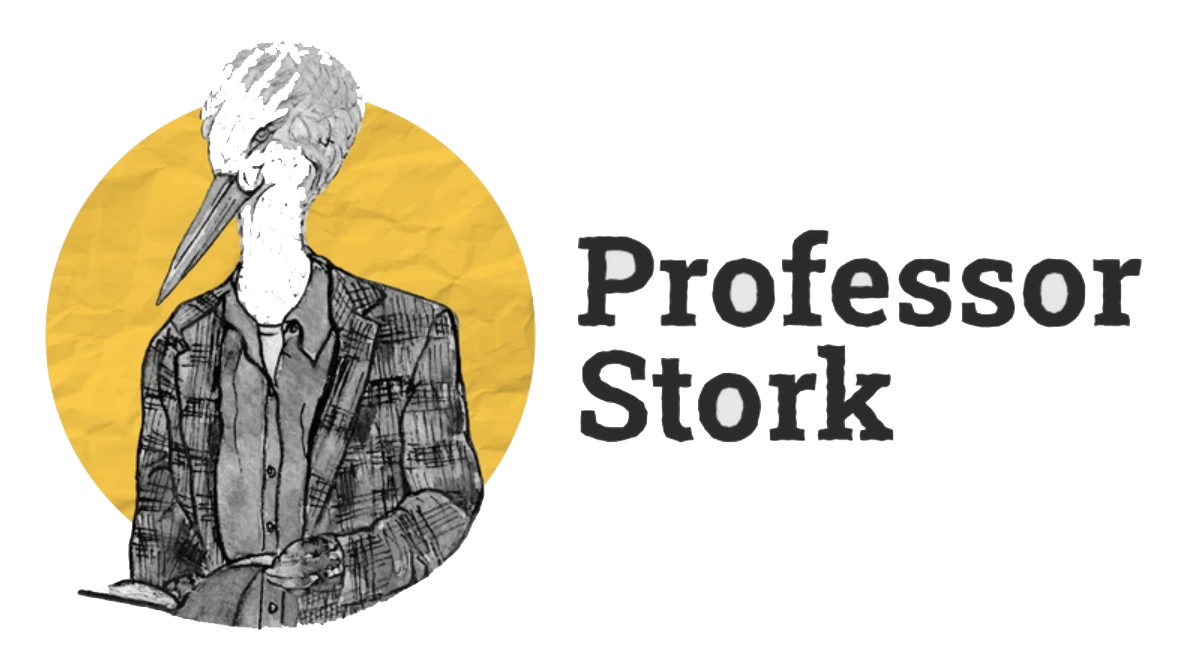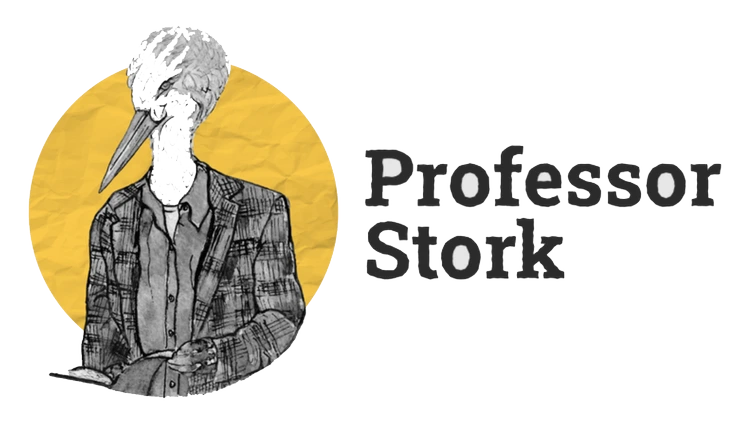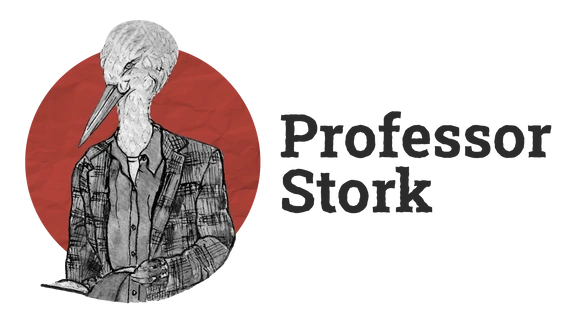Teaching Critical Thinking to Children in the Age of Information Overload


In today’s world, information has become a form of entertainment and teaching critical thinking has become more crucial than ever before. For centuries, parents have taught their children the importance of telling the truth and punished them when they were caught in a lie. Today, we must go a step further and teach them how to discern whether or not something is actually true. We live in an age of information overload, where it can be especially difficult for children to make sense of it all. That’s why it’s important to teach our children the skills they need to evaluate the accuracy and reliability of information, and help them become critical thinkers.
We can start by teaching critical thinking by having our children ask questions when they don’t understand something, and to be skeptical of the answers they receive. Skepticism is not a natural behavior for most children, so we should give examples from their own lives of times they showed an openness to new ideas, and other times when they challenged the status quo, so they can evaluate the difference.
As they become older, we can teach them how to research and verify claims other people make in person, writings or on social media. We can encourage them to question the source of the information they encounter, and look for additional sources or evidence to back up claims. We can also give them a weekly “claim” and ask them to verify it as true or false using reliable sources.
By teaching our children these skills, we help them become informed citizens who can make sense of the information they encounter. Moreover, children will learn to develop their own opinions and respect the opinions of others. Critical thinking is essential for success in school and beyond, and will help children become independent thinkers who can evaluate information and make informed decisions.
There are many great books available to help children under 10 develop their critical thinking skills. Here are a few recommendations:
“What Do You Do With a Problem?” by Kobi Yamada: This beautifully illustrated book helps children understand that problems can be opportunities for growth and learning. It encourages them to think creatively and come up with their own solutions.
“Rosie Revere, Engineer” by Andrea Beaty: This story follows a young girl who dreams of becoming an engineer, but is discouraged by the people around her. It teaches children to persevere in the face of obstacles and to think outside the box.
“The Most Magnificent Thing” by Ashley Spires: This book tells the story of a young girl who sets out to create something magnificent, but faces many challenges along the way. It teaches children about problem-solving and the importance of not giving up.
“The Thinking Toolbox” by Nathaniel Bluedorn and Hans Bluedorn: This is a workbook that provides children with a variety of critical thinking exercises and puzzles. It’s a great resource for parents and educators looking to help children develop their analytical skills.
One great resource for parents looking to learn more about promoting critical thinking in their children is Professor Stork’s community for parents. By joining this community, parents can connect with like-minded individuals and gain further insight into how to promote critical thinking in their children. In addition, Professor Stork offers practical advice and strategies for helping children become critical thinkers, which can be invaluable in today’s world.








Responses